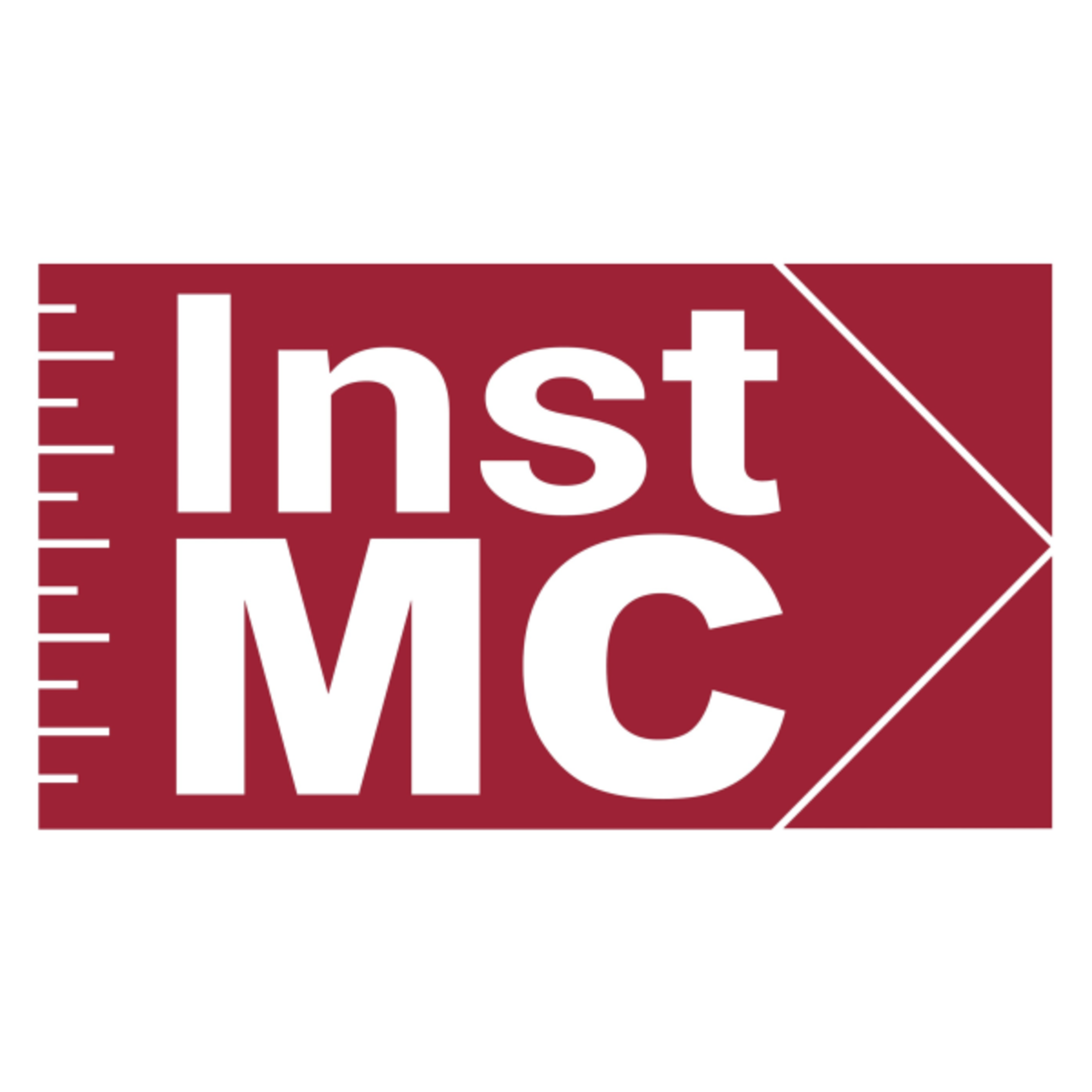Overview
We worked with industry professionals to develop an MSc Applied Instrument and Control course that is accredited by the Institute of Measurement and Control (InstMC). It covers both the latest developments in the field and the industry knowledge we've gained through years of experience.
The course draws on relevant case studies with real-world implications, so you'll gain practical knowledge that you can apply on the job from day one.
This course is accredited by the Institute of Measurement and Control on behalf of the Engineering Council as meeting the requirements for Further Learning for registration as a Chartered Engineer. Candidates must hold a CEng-accredited BEng/BSc (Hons) undergraduate first degree to comply with full CEng registration requirements.
- Gain a solid foundation in measurement science and control theory
- Practice data acquisition and instrument networking
- Study analysis of systems for prognostics and system health management.
- Investigate fault detection and control system design
At Glasgow Caledonian, you'll find a welcoming community of people like yourself - hardworking, career-focused individuals with the vision and discipline to pursue meaningful work. We'll help you develop the tools to be successful, in your career and in your life.
We hope you'll use those tools to make a positive impact on your community and contribute to the Common Good through everything you do.
Graduate prospects
The MSc Applied Instrumentation and Control offers you a highly focused skillset that's valuable to an extremely wide range of industries - any business that benefits from the measurement of process variables and environmental factors. For instance, renewable and conventional energy generation, water, transport, medical and environmental instrumentation, chemical, food and pharmaceutical engineering, mining and oil and gas production.
Across these industries, you might focus on data analytics and system health management, computer-controlled instrumentation systems, process instrumentation, technical management and sales, process control and automation, sensor development and manufacturing, industrial development, or test and measurement systems.
You might also pursue a career with a company that designs and manufactures measurement systems.
Accreditations
What you
will study
Download the programme specification
Download the programme specification for a detailed breakdown of the course structure, what you will learn and other useful information.

